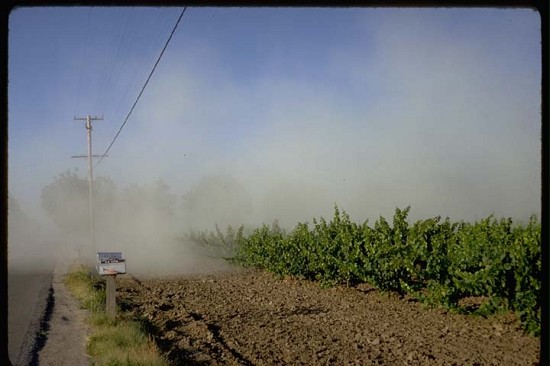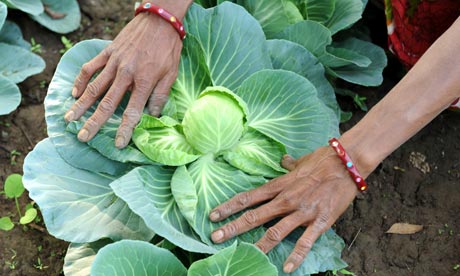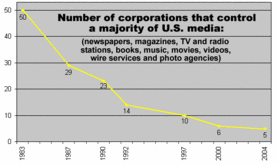Wake Up World wrote 19 September 2011, Case Update: 270,000 Organic Farmers Sue Monsanto
This goes well beyond control of seeds, of course, and beyond the plaintiffs: Continue readingThe 83 family farmers, small and family owned seed businesses, and agricultural organizations challenging Monsanto’s patents on genetically modified seed filed papers in federal court (13th August 2011) defending their right to seek legal protection from the threat of being sued by Monsanto for patent infringement should they ever become contaminated by Monsanto’s genetically modified seed. The Public Patent Foundation (PUBPAT) represents the plaintiffs in the suit, titled Organic Seed Growers & Trade Association (OSGATA), et al. v. Monsanto and pending in the Southern District of New York. The August 13 filings respond to a motion filed by Monsanto in mid-July to have the case dismissed. In support of the plantiffs’ right to bring the case, 12 agricultural organizations also filed a friend-of-the-court amici brief.
“Rather than give a straight forward answer on whether they would sue our clients for patent infringement if they are ever contaminated by Monsanto’s transgenic seed, Monsanto has instead chosen to try to deny our clients the right to receive legal protection from the courts,” said Dan Ravicher, PUBPAT’s Executive Director. “Filings include sworn statements by several of the plaintiffs themselves explaining to the court how the risk of contamination by transgenic seed is real and why they cannot trust Monsanto to not use an occurrence of contamination as a basis to accuse them of patent infringement.”














